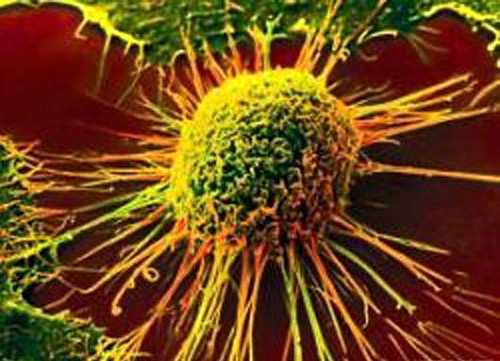From medical shows, to series about teachers-turned-drug-dealers, to movies about sarcastic superheroes who love chimichangas, one thing comes to mind of how a person first learns they have cancer- they faint. Television of course needs dramatic visualizations for dramatic events, but is really how people first find out they have cancer?
The short answer is rarely.
To the medias credit, certain cancers (especially lung cancer) can cause fainting. It typically occurs when the cancer is more advanced, however there are cases where it was the initial symptom of cancer. But you should not rely on this as a warning sign (although you most certainly should go to an emergency room if you do faint).
It is important to note that not all cancers will have early warning signs, however watching for these symptoms may raise your chances of catching cancer early by over 60%:
- Sores that do not heal
- Large and or hard lumps
- Abnormal bleeding
- Changes in the appearance of moles
- Frequent or persistent indigestion
- Cough of unknown cause
- Change in voice
- Losing weight without trying to
- Fatigue
- Pain of unknown cause
References
Jiang, X., Zhao, J., Bai, C., Xu, E., Chen, Z., & Han, Y. (2016). Small-cell lung cancer with recurrent syncope as the initial symptom: A case report and literature review. Molecular and clinical oncology, 5(5), 545–549. https://doi.org/10.3892/mco.2016.1032
Kauffmann, H, 2019. Mechanisms, causes, and evaluation of orthostatic hypotension. In M. Aminoff & J. Wilterdink (Ed.), UpToDate. Retrieved from: https://www.uptodate.com/contents/mechanisms-causes-and-evaluation-of-orthostatic-hypotension
Scheel, B. I., & Holtedahl, K. (2015). Symptoms, signs, and tests: The general practitioner’s comprehensive approach towards a cancer diagnosis. Scandinavian journal of primary health care, 33(3), 170–177. https://doi.org/10.3109/02813432.2015.1067512
Stone, C. A., Kenny, R. A., Nolan, B., & Lawlor, P. G. (2012). Autonomic dysfunction in patients with advanced cancer; prevalence, clinical correlates and challenges in assessment. BMC palliative care, 11, 3. https://doi.org/10.1186/1472-684X-11-3

